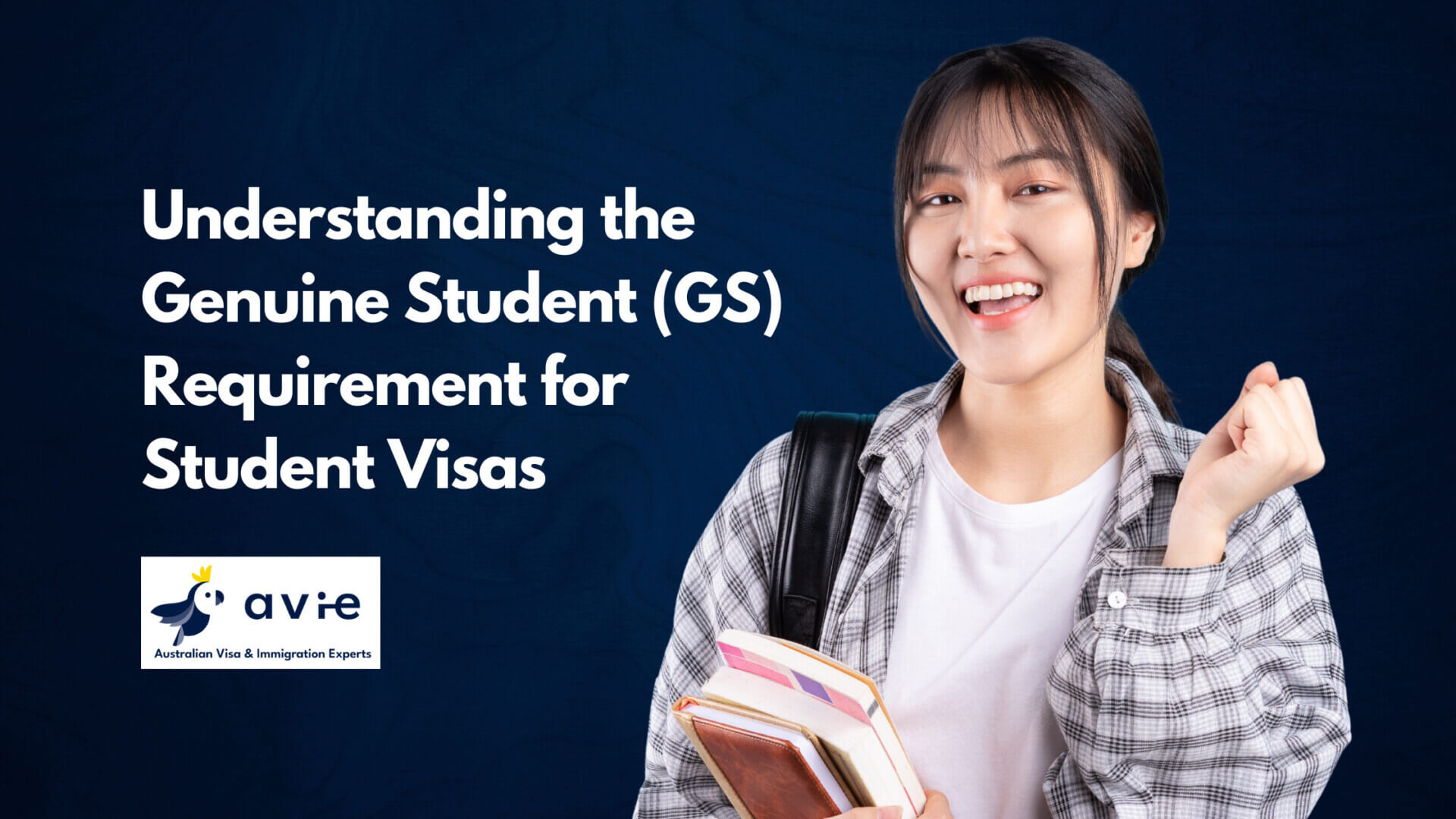In March 2024, the Australian Government replaced the long-standing Genuine Temporary Entrant (GTE) requirement with the new Genuine Student (GS) requirement for student visa applications. Now, more than a year later, this change continues to shape the way international students prepare their applications. The GS requirement reflects Australia’s commitment to welcoming students whose primary intention is to study, while also recognising that graduates may go on to contribute to the workforce or even transition to permanent residency if their skills are in demand.
What Is the Genuine Student Requirement?
The GS requirement was designed to ensure that all applicants for a student visa are genuinely coming to Australia with the primary purpose of studying. While the system acknowledges that students may later explore pathways such as skilled migration, the focus remains firmly on demonstrating a commitment to completing their course.
Applicants are asked to answer a series of targeted questions in their visa application form. These questions aim to give decision-makers an overview of the applicant’s situation, their motivations, and their reasons for wanting to study in Australia. Factors considered include current circumstances such as family, community, employment, and economic ties, an explanation of why the student chose their particular course and provider, and what benefits the course is expected to provide. Applicants with previous study history in Australia are also asked to outline their academic background and progress, while those holding a visa other than a student visa must explain why they are now applying for one.
The GS requirement also allows applicants to include any additional information they believe is relevant. This means that each application can be tailored to reflect the unique circumstances of the student.
Evidence and Declarations
To support their application, students are encouraged to provide clear evidence of their study history, employment background, and personal or community ties. Immigration decision-makers may also consider economic circumstances in the home country, reasons for not choosing to study locally, and any political or civil unrest that could influence the decision to study abroad. In addition, applicants confirm they understand what it means to be a genuine student, that they commit to complying with visa conditions, and that they are aware of both opportunities and limitations for permanent migration after graduation.
How the GS Requirement Is Assessed
The GS requirement is assessed holistically. Officers look at an applicant’s ties to their home country compared to potential incentives to remain in Australia, the alignment between their academic background and chosen course, and whether their future career plans appear consistent with their studies. Knowledge about the chosen course, provider, and the realities of living in Australia are also weighed carefully. Immigration history, including visa compliance, refusals, or cancellations, plays a significant role in the decision-making process.
For students under 18, the intentions of parents, guardians, or spouses are also taken into account. Other factors may include the immigration history of relatives, inconsistencies in past applications, or patterns of visa misuse.
Why the GS Requirement Matters
The GS requirement puts study at the centre while acknowledging that post-study pathways exist. It has provided both clarity for students and consistency for decision-makers.
Applicants who provide well-prepared, detailed, and honest responses are more likely to succeed. By showing they understand their course, provider, and future plans, students demonstrate that they are in Australia for the right reasons.
At Australian Visa & Immigration Experts (AVIE), we guide applicants through this process to make sure their evidence and answers meet the Department’s expectations. Whether you are applying for the first time or continuing your studies in Australia, our team can help you present the strongest possible case.
If you are considering applying for a student visa, contact us today to book a consultation and take the next step toward your studies in Australia.




















